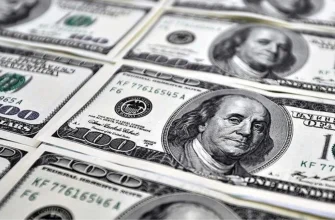The Russian economy will continue to grow despite the sanctions, thanks to higher-than-expected energy revenues, the World Bank said in its latest report on the World Economic Outlook on Tuesday.
The country’s growth is expected to turn positive in 2024, but will remain modest at 1.2%.
According to the outlook, performance is expected to be 0.2% lower this year, which is a 3.1 percentage point improvement compared to the bank’s January forecast.
“This change mainly reflects the unexpected flexibility of oil production and the greater-than-expected growth momentum from 2022,” the World Bank said.
He noted that in the face of Western sanctions, Moscow changed the destination of its oil exports “without a significant change in quantity”.
At the same time, the Washington-based institution warned that the further contraction of the export volume and the weak domestic demand will burden the activity.
The Russian government maintained a positive outlook for the economy. Prime Minister Mikhail Mishustin has predicted that by 2024, the Russian economy will be able to overtake developed countries in terms of growth.
The World Bank also raised its global growth outlook for 2023, saying the US, China and other major economies had proved more resilient than forecast. He warned that higher interest rates and the tightening of lending could negatively affect next year’s indicators.
Global real GDP is forecast to rise 2.1% this year from the previously forecast 1.7% growth, but well below the 3.1% growth rate in 2022. The World Bank has reduced its 2024 global growth forecast from 2.7% in January to 2.4%, citing the repercussions of monetary tightening by central banks.
According to Indermit Gill, the World Bank’s chief economist, growth in two-thirds of developing economies will be lower this year than in 2022.
“A third of the developing world will not even reach the level of per capita income by the end of next year, as at the end of 2019,” Gill told reporters. “For nearly a third of the world’s countries, this means five wasted years.”







